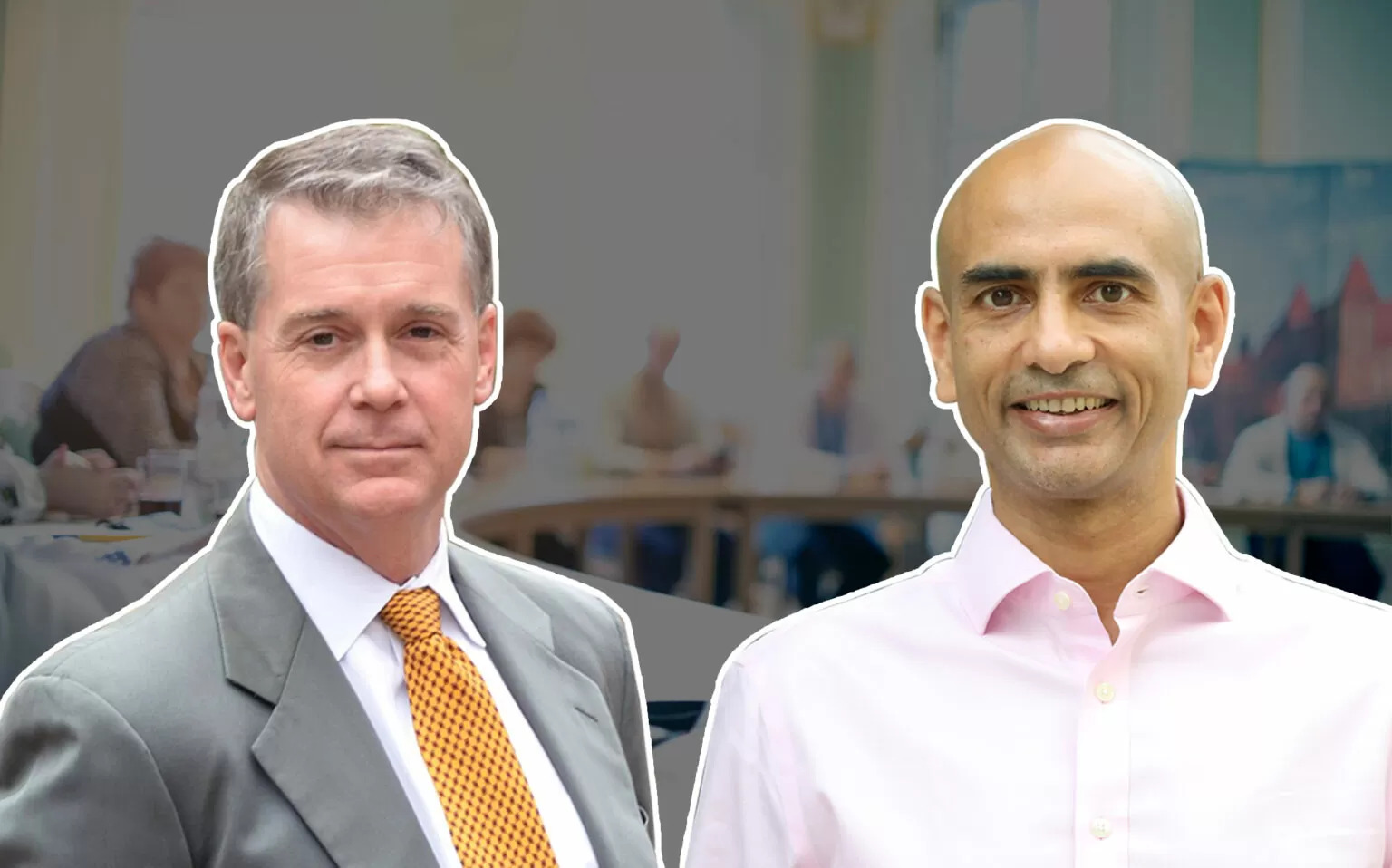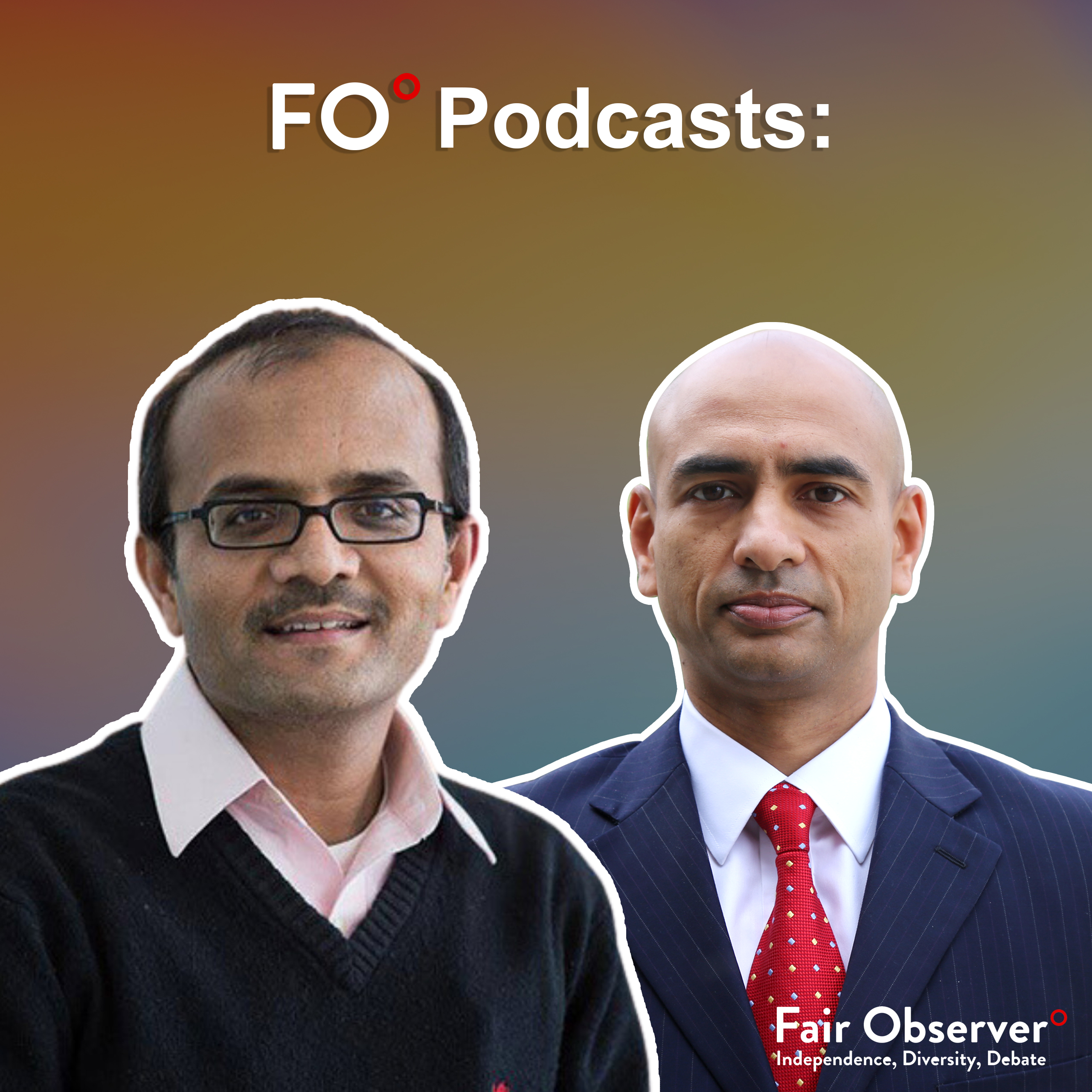In early June, residents of Hong Kong took to the streets to protest proposed legislation by the Hong Kong government that would enable extradition from the city to mainland China.
Over the ensuing months, heavy-handed tactics by the police only swelled the movement, which has grown to involve over a million residents of Hong Kong. The demonstrators’ demands have also expanded to encompass an investigation into police brutality, the resignation of Chief Executive Carrie Lam and the establishment of free democratic elections in the city.
Although the extradition bill itself has been withdrawn, protests seem certain to continue. For many Hong Kongers, the proposed legislation was merely the latest attempt by Beijing to undermine the unique “one country, two systems” status under which the city enjoys a large degree of economic and legal autonomy.
What’s at stake in this standoff between protesters, Hong Kong’s government and Beijing? How did Hong Kong’s autonomy come about in the first place, and how might it be at risk?
In this episode of “History Talk,” host Lauren Henry discusses this pivotal moment in Hong Kong’s history with two experts on modern China: Denise Y. Ho and Melvin Barnes Jr.
*[This podcast is produced by Origins: Current Events in Historical Perspective.]
The views expressed in this article are the author’s own and do not necessarily reflect Fair Observer’s editorial policy.











